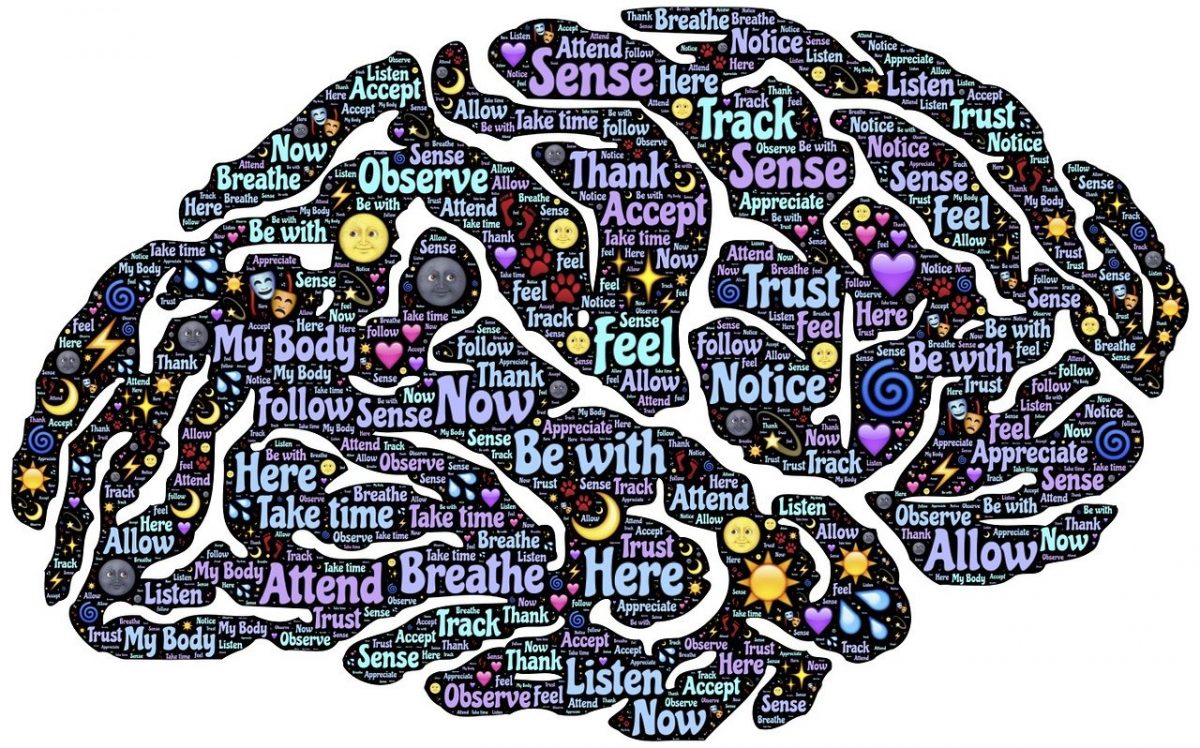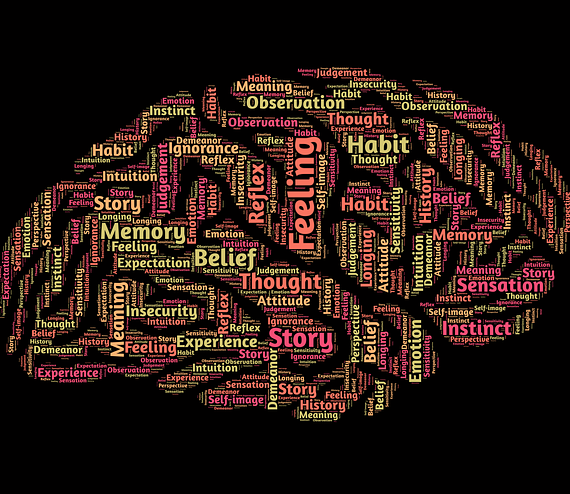
I have observed an online tendency to refer to language learning as a “subconscious” process, but I think that it depends on how much we want to stretch the meaning of “subconscious.”
After all, who wants to learn consciously when you can learn subconsciously?
My Experience
As a language teacher with years of international experience teaching at all levels, I have witnessed the legitimate struggles that language learners face.
While there is no denying that implicit learning is part of learning a language, it is not entirely accurate to describe language learning as a purely subconscious endeavor. Let’s explore why the distinction between conscious and subconscious language learning is not as straightforward as some may think.
Let’s say you want to learn the present progressive tense in English. A teacher or a language learning book will tell you that you need the present tense conjugation of “to be” (am, are, is, etc) followed by the present participle form (-ing) of the main verb. That’s explicit learning. But we don’t want to learn like that, we want to learn subconsciously, right?
No problem. Let’s say that you go to an English speaking country and you see people doing things. At the same time as they’re performing activities, you hear them say things like: “I’m playing“, “he’s running“, etc. Eventually it dawns on you that adding -ing to the present tense of “to be” expresses the progressive tense. Awesome! You learned the present progressive subconsciously! Or did you?
Not quite. Although you were not really paying attention to the progressive tense, your mind was drawing generalizations in the background. If you still have doubts think about this: Would it have been as easy to learn the Chinese tones “subconsciously” had you gone to China?
Learning vs acquisition
The idea that language learning is a “subconscious” process comes from the Krashen’s (1981) input hypothesis, which suggests that acquisition (implicit learning) is more effective than the explicit learning of a language. However, this does not mean that learning is purely a conscious process or that acquisition is entirely subconscious.
Even young children who are acquiring language are using their analytical abilities to learn. As Laura Ann Petitto and Patricia Kuhl have pointed out, even young children who learn language implicitly are still using their analytical abilities to make sense of the language around them (Petitto & Kuhl, 2003).
When we learn a language, we are constantly making connections between words, grammar rules, and meanings. These connections are not always immediately obvious, but they are there. For example, when we encounter a new word in a sentence, we may not immediately understand its meaning, but we use our analytical abilities to make an educated guess based on the context of the sentence.
The point is that language learning, whether explicit or implicit, always involves some degree of analytical processing. There is no such thing as truly “subconscious” language learning, as even implicit learning requires cognitive processing.
How can language learning be subconscious when we have to rely on the context to guess the meaning of new words?
It seems that what Krashen refers to as “subconscious” is actually “inductive” learning, a bottom up approach where you make generalizations based on specific observations.
The Catch
While implicit learning is a part of language acquisition, it is not as simple as learning through osmosis. If language learning were truly “subconscious,” why would learners be able to generalize some rules but not others? Analytical abilities are used in the process of learning a language, whether learners are aware of them or not.
It is true that you don’t usually think about grammar when watching a movie or reading a book. But that does not mean that your mind is not drawing inferences in the background. How else can you explain that you’re able to guess the meaning of some words “subconsciously” but not others?
And how else do you work out the meaning of new words if not through your cognitive abilities? As linguist Steven Pinker (1994) notes, “Try teaching language to a brick.”
The Role of Children
The idea of language learning as a largely subconscious process is often influenced by the fact that children seem to learn a language effortlessly. However, this is because children are acquiring the language at the same time as they are developing their subcortical areas. For adults, language learning is a more conscious process, and there is no magic formula for learning a language fast and effortlessly.
Conclusion
In conclusion, the idea that language learning is a purely “subconscious” process is like trying to learn to swim without getting wet. While implicit learning may be effective, it still requires some degree of analytical processing. Learning a language takes effort, no matter what method you use. So, don’t be fooled by the idea that you can learn a language effortlessly. Put in the effort and enjoy the process.
Related articles
- Is immersion the best way to learn any foreign language?
- What makes it difficult to learn a second language?
- Which language acquisition techniques are most effective?
References
Krashen, S. D. (1981). Second language acquisition and second language learning. Oxford: Pergamon Press.
Petitto, L. A., & Kuhl, P. K. (2003). The “sensitive period” for the acquisition of syntax in a second language. Language Learning, 53(2), 173–202.
Pinker, S. (1994). The language instinct: How the mind creates language. HarperCollins Publishers.


